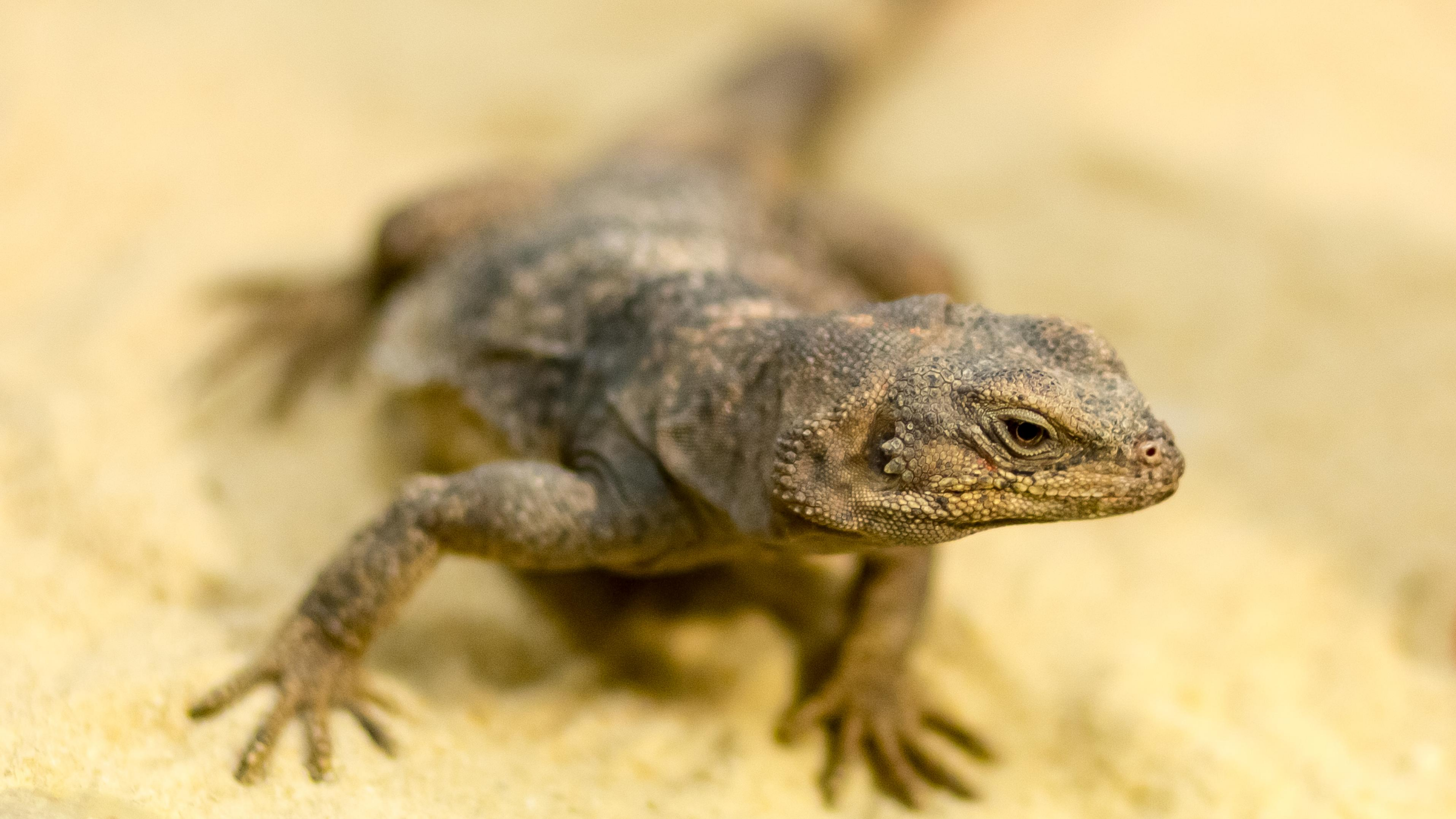
This Earth Day, we demand better research for the future of our planet.
Today marks the 50th anniversary of Earth Day. On the first Earth Day, an estimated 20 million people across the U.S. participated in demonstrations and teach-ins. What an incredible feat! It led to the creation of several federal policies, like the Endangered Species Act.
Throughout its history, many have criticized Earth Day. Failing to be inclusive of communities harmed the most by devastating environmental policies. Corporate co-opting the day for public relations. It’s critical to reflect and improve.
Since climate is the focus of Earth Day 2020, I want to highlight a different kind of co-opting that may shock you.
Experimenters are co-opting climate research to conduct unnecessary and harmful experiments on animals.
Now, I need to emphasize: I am passionate about climate change research. In fact, my education background is Environmental Science. I recognize the critical need for climate research. And I desperately want to leave a healthy planet for future generations.
This doesn’t mean all research labeled as ‘climate change research’ gets a free pass on criticism.
I’ve noticed some disturbing trends through records that NEAVS has obtained. Many experimenters are hurting animals to learn how climate change will hurt animals.
For example, the University of New Mexico conducted climate change experiments on reptiles. They started with chuckwallas.
Experimenters deprived the chuckwallas of food and water to force dehydration. They also put the chuckwallas in an “environmental chamber at warm temperatures.” The purpose was to further cause dehydration.
But the experimenters weren’t done there. They asked to do the same to crevice spiny lizards, collared lizards, and whiptail lizards. The university committee approved.
Yes, we need bright minds doing research that will help understand climate change.
Yes, the path forward in solving climate change must be rooted in science.
No, we don’t have to compromise our ethics.
No, we don’t need to hurt animals to understand how we will hurt animals.
We’ve caused enough harm already to animals for failing to act fast enough for the climate. It’s time to reflect and improve: climate change research needs to focus on the solutions. And the methods need to use alternative models instead of living, feeling animals.